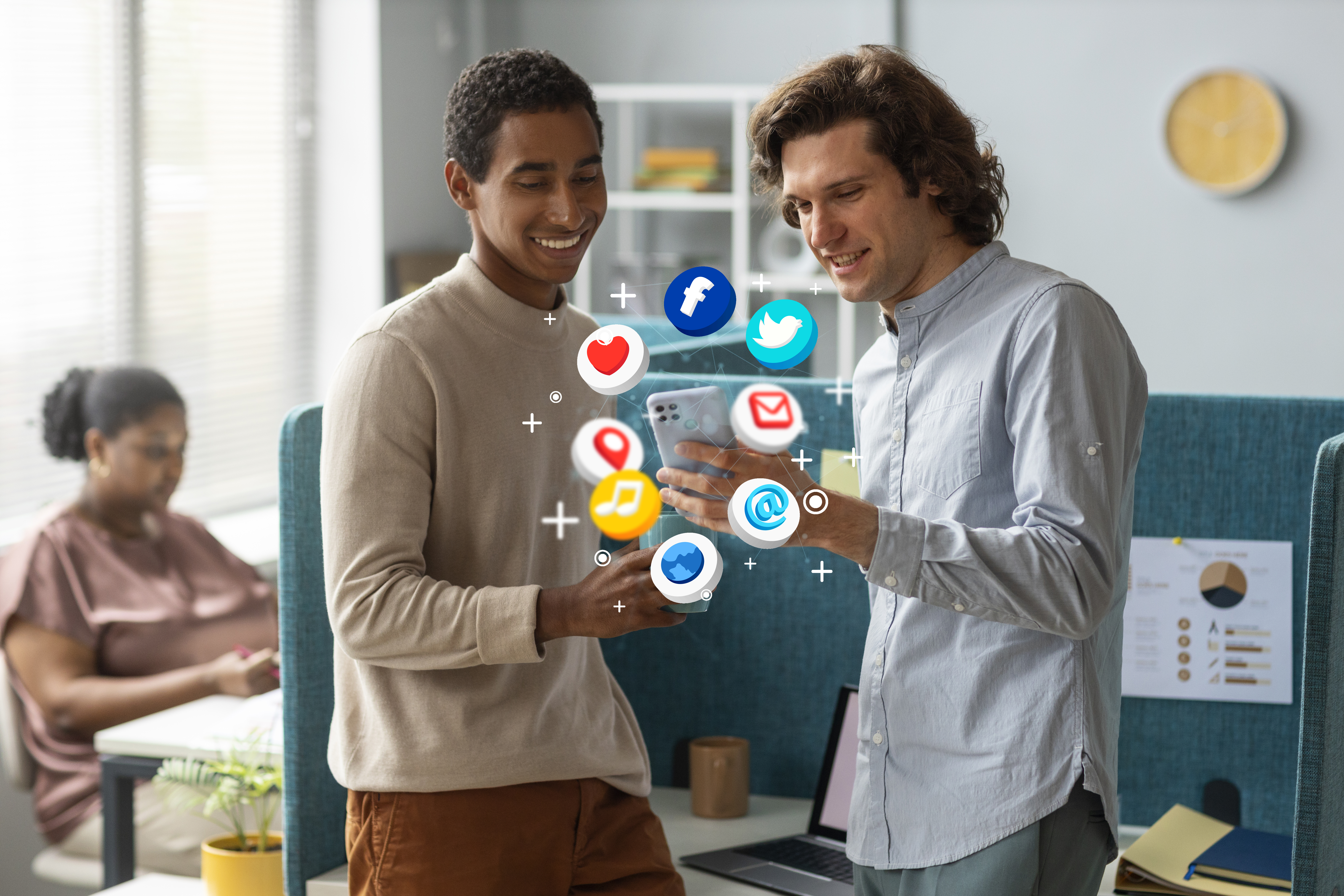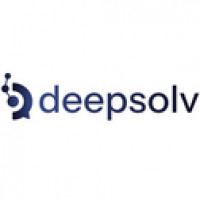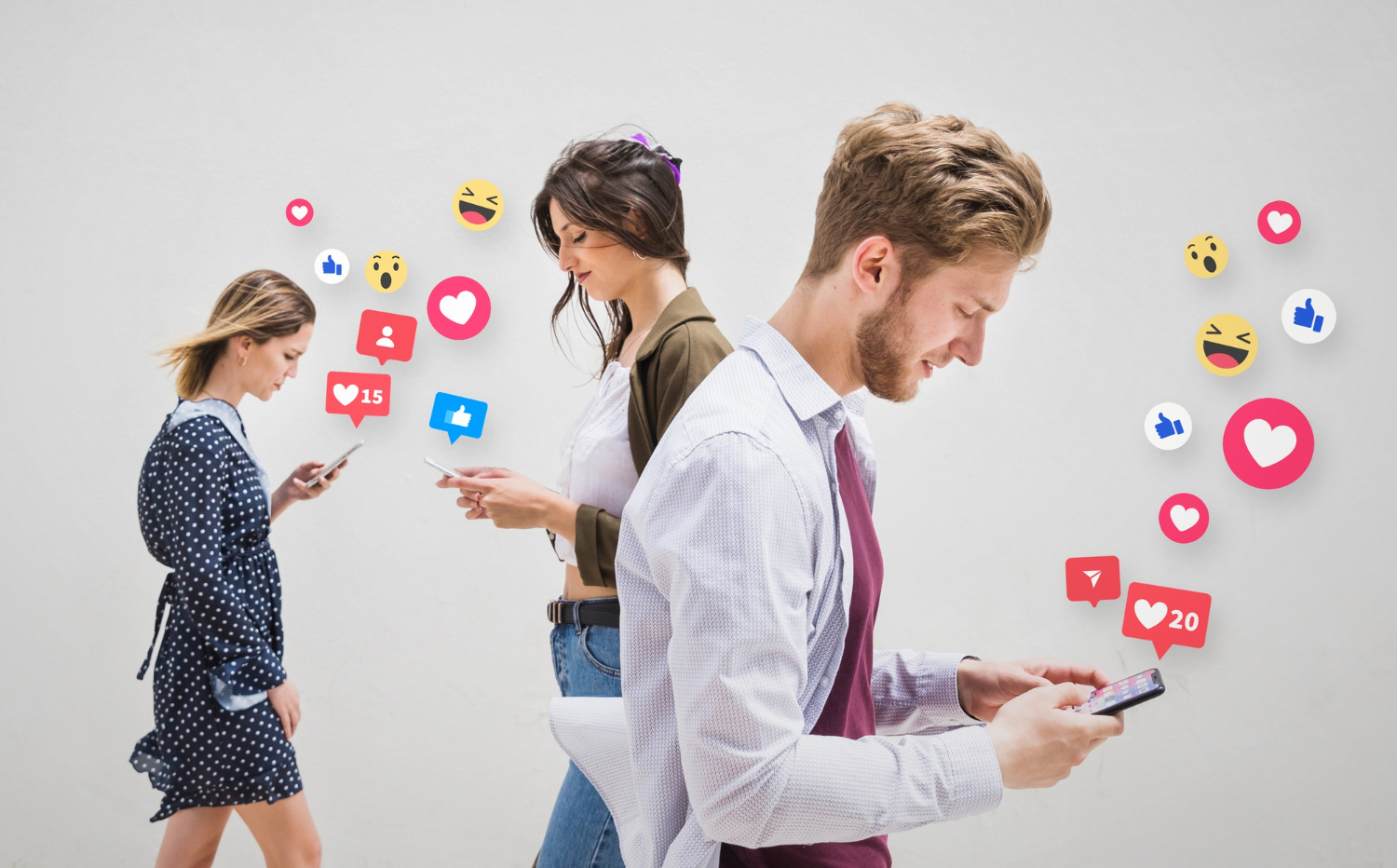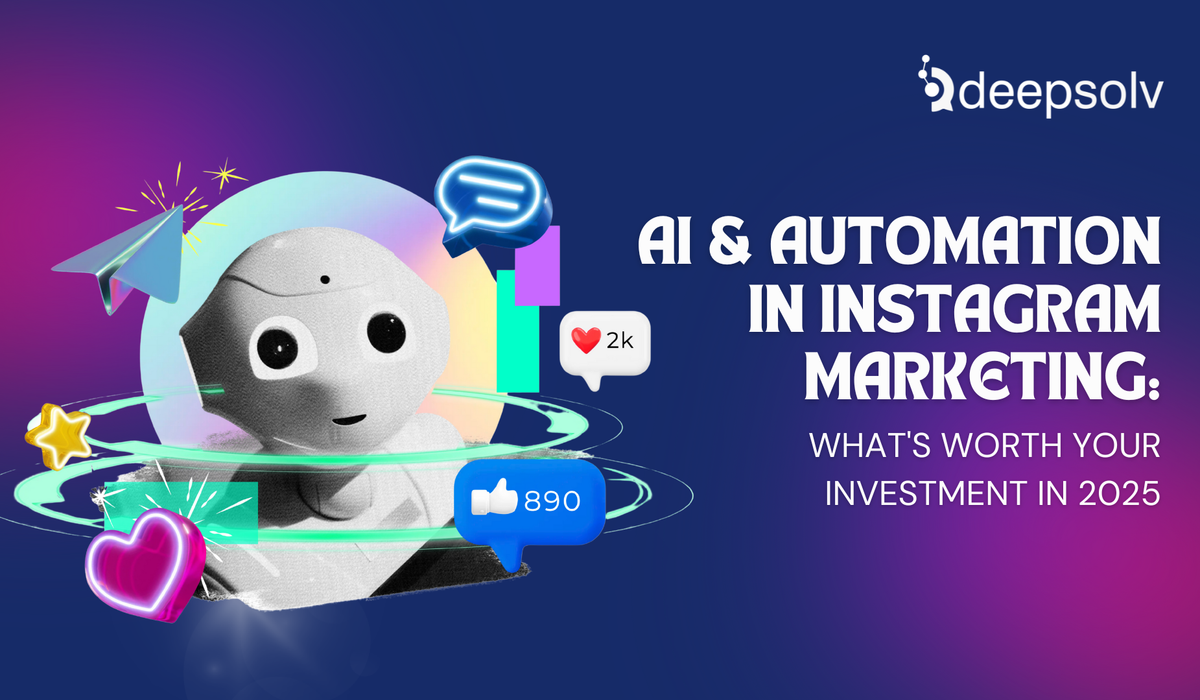The Psychology Behind Social Media Engagement & How Tools Can Help

Humanity has changed the puzzle of how people communicate/process/share ideas with each other and also with brands with social media. But what causes users to engage with content? Social media engagement is and has everything to do with the psychology behind how humans think and feel and what we have decided to react to based on our cognitive bias.
These reasons for people consuming content can range such as:
- Seeking social validation
- Expressing opinions
- Engaging with similar-minded people
- Deriving amusement or something useful
When brands are tapping into psychological triggers, their content not only resonates with their audience but drives engagement that results in meaningful interactions.
Psychological Triggers That Are Important for Engagement
Desire to Seek Social Validation
Validation is in the nature of humans. Comments, likes, or shares received create reinforcement to drive that behavior. That is based on the psychological concept of positive reinforcement.
How Tools Can Help:
For example, social media engagement tools can tell brands which types of posts are the most successful by tracking how well posts perform on platforms accounting for likes, retweets, shares, etc.
Automated response tools can provide that initial interaction fast, making users feel appreciated and will increase the likelihood of being engaged again.
The Power of Reciprocity
This sort of reciprocity happens when brands respond to their audiences. When users perceive their engagement as being recognized, they are more likely to reciprocate by liking, commenting, or sharing content.
How Tools Can Help:
The processing tools help to keep track of user behavior while engagement tools use that data for automating the responses and likes to keep user interaction ongoing.
With chatbots replying in real time, no customer question is left unanswered.
Fear of Missing Out (FOMO)
Fear of Missing Out is a key driver of social media psychology. With limited-time offers, exclusive content, or trending topics, the FOMO creates an incentive for users to participate quickly to not get left behind or feel out of the loop.
How Tools Can Help:
In fact, scheduling tools can help automate when you share time-sensitive content for maximum reach and urgency.
This is where the analytics tools come in handy, as they can help brands recognize which topics are trending, allowing them to create relevant and timely posts.
Emotions & Storytelling
They say that content that elicits an emotional response is shared and engaged with much more. Emotionally charged stories — joy, sadness, surprise, anger — do wide turns, because they resonate so powerfully with fundamentals of being human.
How Tools Can Help:
AI analytics tools can help brands customize their content for optimal emotional impact by analyzing audience sentiment.
Content scheduling tools can help ensure that emotional storytelling campaigns are published for maximum engagement.
The Bandwagon Effect
People will interact with content that had hit a high level of engagement already. Posts that have a lot of likes and comments are social proof—they inspire others to join in.
How Tools Can Help:
If brands want to jumpstart interaction, engagement-boosting tools are a great start to auto-like or elevate posts having more engagements.
In addition, social listening tools can track trending conversations, which gives brands the opportunity to jump in and become visible.
How Tools for Social Media Engagement Improve Strategy
Data-Driven Insights
The engagement tools offer detailed analytics, helping the brands figure out which types of content work and which don’t. This makes strategic decision and continuous improvements possible for them.
Automated Engagement
Automation tools allow brands to stay alive and responsive without being in manual mode all the time. Tools such as auto-replies, chatbots, and scheduled posts ensure consistency in engagement.
Audience Segmentation
For example, social media tools can segment audiences by demographic data, interests, and behavior, resulting in hyper-targeted content tailored for multiple audiences.
Performance Tracking
Engagement tools log vital metrics like reach, impressions, and conversion rates, which allows brands to gauge their effectiveness and improve their tactics as time rolls on.
Conclusion
The science behind social media engagement is psychological, with social validation, reciprocity, FOMO, and emotional connection all playing key parts. However, this step can be improved with the help of engagement tools, that is, a couple of tools to plan, such as which tools communicate with whom, how to interact with the audience, etc.
It can actually do wonders by understanding the psychology behind engagement and using the right tools. Businesses can create a powerful and captivating online presence by keeping up with trends and analyzing data-centered insights. Read more: https://deepsolv.ai
Note: IndiBlogHub features both user-submitted and editorial content. We do not verify third-party contributions. Read our Disclaimer and Privacy Policyfor details.




